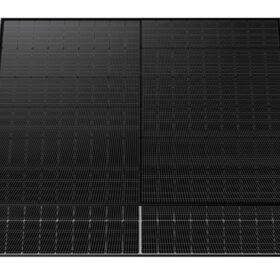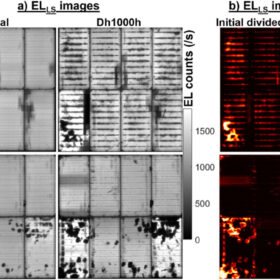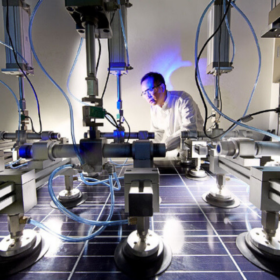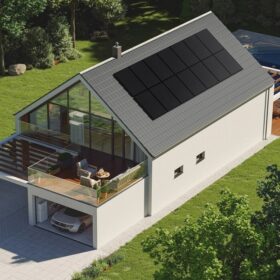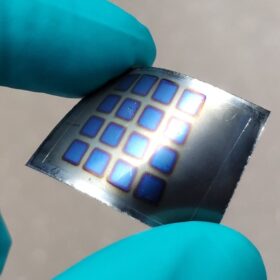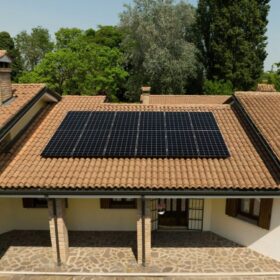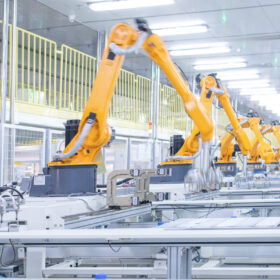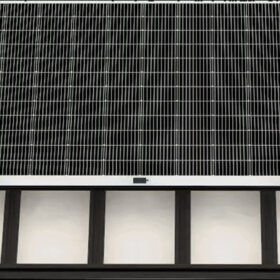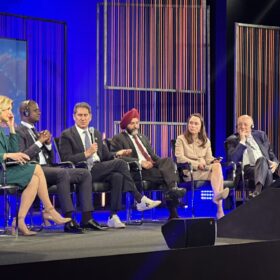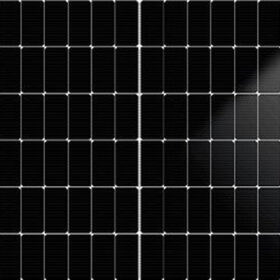Winaico launches new series of n-type TOPCon solar modules
Taiwanese manufacturer Winaico says its new 430 W glass-glass tunnel oxide passivated contact (TOPCon) modules have a power conversion efficiency of 22.02%.
UNSW researchers warn of surprising TOPCon solar module vulnerabilities
Researchers at the University of New South Wales claim to have identified three TOPCon panel failure types that are absent in PERC products. They explained that these failures may occur when the modules are exposed to high humidity and contaminants before encapsulation.
Trina Solar claims 740 W output for TOPCon PV module
The Chinese manufacturer said Germany’s TÜV SUD has confirmed the results.
Maxeon unveils TOPCon solar module series for rooftop PV
Maxeon said its new Sunpower Performance 7 panel series features a power conversion efficiency of up to 22.7% and an operating temperature coefficient of -0.29% C.
Australian researchers achieve record-breaking efficiency with perovskite-CIGS tandem PV cell
A team of scientists in Australia claim to have achieved the highest efficiency reported to date for a perovskite-CIGS tandem solar cell built on a flexible steel substrate. In the proposed cell configuration, steel can act as both a substrate and an electrode.
Maxeon claims 24.9% efficiency for IBC solar panel
Maxeon said it has achieved a 24.9% efficiency rating for a full-scale Maxeon 7 solar panel using its IBC technology. The US National Renewable Energy Laboratory (NREL) confirmed the result.
JinkoSolar claims top spot in 2023 PV module shipment rankings
Chinese manufacturer JinkoSolar says its solar module shipments reached 78.5 GW in 2023. This year, it says it hopes to sell up to 110 GW of panels.
Sunman unveils 520 W glass-free solar panel with 19.3% efficiency
The new panel has a white backsheet and a temperature coefficient of -0.34/C. It weighs 4.1 kg per m2 and, according to the manufacturer, supports all types of installation methods, including roof adhesive and removal mechanical mounting.
IRENA says world needs 1.1 TW of renewables per year
The International Renewable Energy Agency (IRENA) released a new report on the sidelines of the Berlin Energy Transition Dialogue this week describing the actions needed so the world complies with targets set at the recent COP28 conference in the United Arab Emirates. IRENA President Francesco La Camera says renewables are the only energy sources with the speed and scale to achieve the ambitious targets set in Dubai.
DAH Solar unveils frameless double-glass TOPCon panels
Chinese manufacturer DAH Solar says its new double-glass panels have a power conversion efficiency of 22.65% and a power output of up to 585 W.

